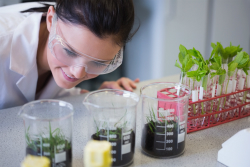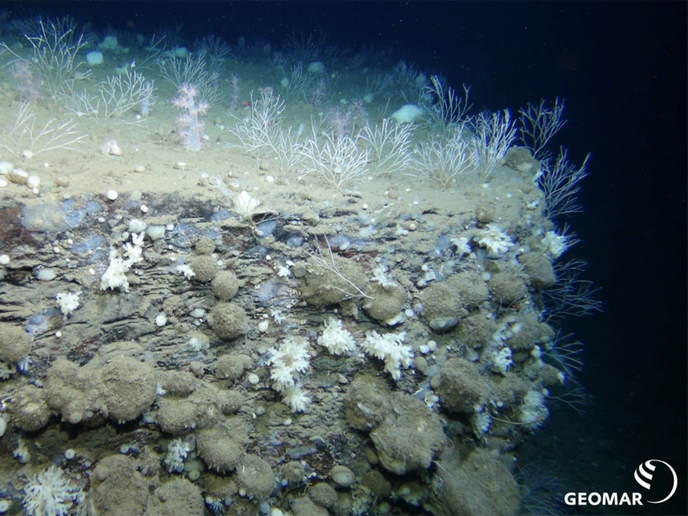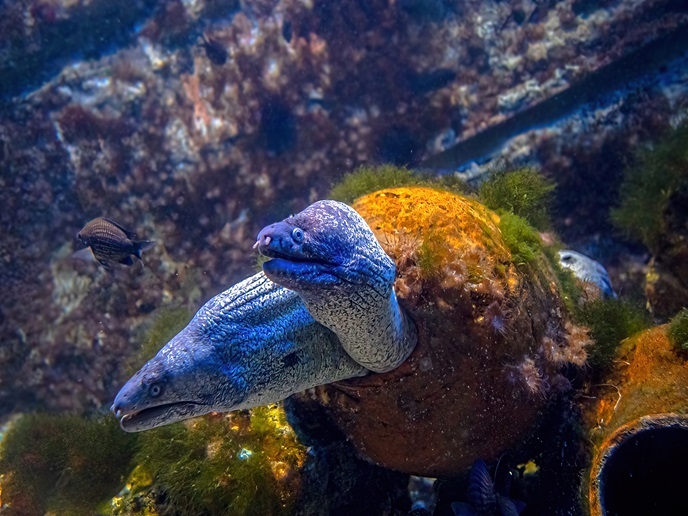New ways to improve crop diversity
As the world population continues to grow, it becomes ever more essential that crops are productive enough to maintain the food supply. Sexual reproduction in plants holds the potential to improve plant breeding strategies, but sharing of genetic information must be increased during this process. The EU-funded MEIOSYS (Systematic analysis of factors controlling meiotic recombination in higher plants) project investigated a process called meiosis in three plant species that could be exploited to create greater genetic variety, increase food production and ensure food security. Meiosis is a process of cell division used by both plants and animals to produce sperm and eggs for reproduction. Not only does the process ensure that the correct number of chromosomes are passed on, it also mixes the genes from previous generations to create genetic variation within a species. Using advanced molecular and bioinformatics tools, scientists focused on Arabidopsis thaliana, brassica species and barley. The project began by setting up a database, sourcing data from academic literature and from public genetics databases. Data generated by MEIOSYS will also be included in the database. MEIOSYS then used advanced proteomics techniques to look for new plant proteins that might be involved in meiosis. This process was successful in identifying novel proteins involved in meiotic complexes. The project then screened more than 4 000 Arabidopsis lines for genes that improve the frequency of genetic recombination during meiosis. Twenty-six potential candidates were identified, and three of those were studied further. By applying genomics and other advanced biological methods to crop plants, scientists hope to maximise genetic variability, ensuring food security for the future.







